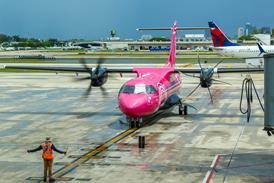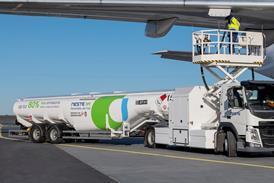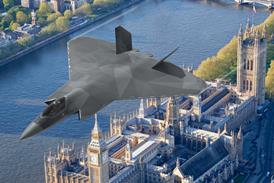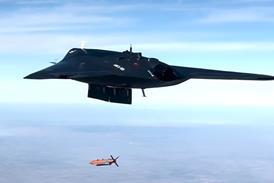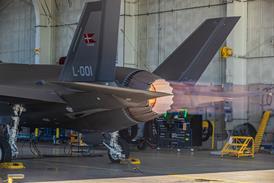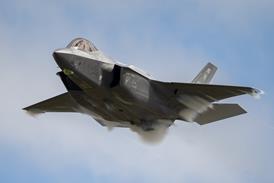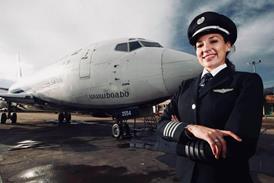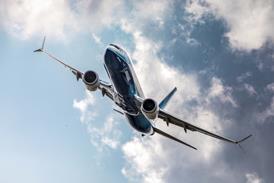ALEXANDER CAMPBELL / LONDON
Move represents U-turn on recently retired company president's aggressive growth plan
Boeing Capital (BCC) is to move away from the industrial finance market to concentrate on supporting aircraft sales by Boeing divisions. The decision means the company could dispose of loans on industrial equipment worth roughly $2.5 billion, out of its total portfolio of $12.2 billion.
The move coincides with the retirement of BCC president Jim Palmer, who planned to aggressively expand the company's portfolio by developing it as a more independent finance house - moving into commercial finance, and even into financing Airbus aircraft. "We are not opposed to Airbus equipment in our portfolio. We are running as a finance company," he said last year, announcing plans to grow the portfolio to $15 billion over the next few years.
His replacement, Boeing senior vice-president of finance Walt Skowronski, will oversee a reversal of this strategy to "concentrate on supporting the operations of the company's business units", Boeing says.
Another factor may be Boeing's need to concentrate on financial support for the 7E7 programme. Unlike previous launches, Boeing says, the 7E7 launch will be aimed at banks and institutional investors as well as at airline customers, recognising the growing importance of financing options to airlines making fleet decisions. Boeing Capital's Cian Dooley has been named to lead the 7E7 financing effort.
Even without the industrial portfolio, Boeing Capital still has significant exposure to a number of troubled lessees. Chief among them is United Airlines, still in Chapter 11 and Boeing Capital's second-largest customer, with $1.2 billion worth of aircraft - 9.5% of Boeing Capital's total portfolio. The company is also heavily exposed to ATA Airlines ($718 million), Hawaiian Airlines ($536 million) and Varig ($433 million). Both Hawaiian and United have been missing lease payments (Flight International, 12-18 August).
Falling airliner values have also affected the company, forcing it to take a total of $350 million in charges earlier this year to represent the reduced value of its aircraft portfolio. The decision to close the 757 production line could also affect the $1.2 billion of its portfolio secured by the twinjet. Although Boeing has agreed to $240 million in guarantees to guard its subsidiary against this, "757 values have already declined", the company says.
Source: Flight International

